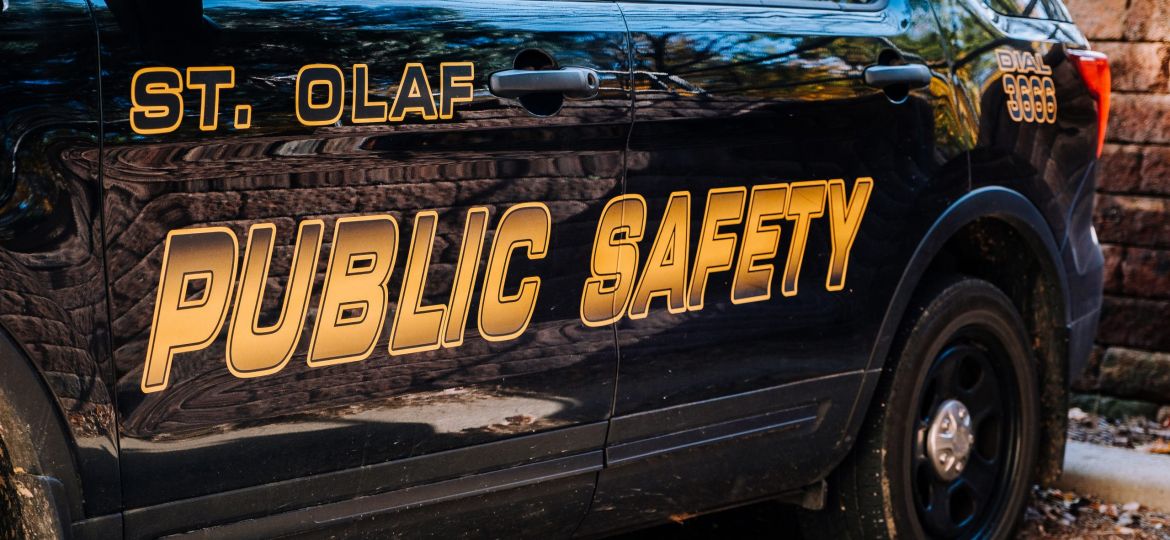
St. Olaf witnessed a significant drop in drug-related offenses from 2017 to 2018 alongside a slight increase in liquor-related offenses, according to campus crime statistics reported earlier this month.
The number of students referred for disciplinary action for violating the College’s drug policy dropped from 85 in 2017 to 35 in 2018. This sharp decline in drug-based offenses contrasts with recent campus trends, which have seen the number of violations increase by 507 percent between 2010 and 2017.
Director of Public Safety Fred Behr said the large number of drug violations in 2017 reflects the fact that many violations involved multiple individuals that year. Conversely, many violations in 2018 only involved one individual.
“For example, if there is a drug incident and four people are found responsible, four people would be reported for disciplinary action stemming from a single incident,” Behr wrote in an email.
The number of liquor policy violations on campus increased from 60 in 2017 to 73 in 2018. While a slight increase was observed, 73 liquor-based infractions still falls well below the average number of violations over the last fifteen years.
In recent years, the College has seen a sharp increase in the number of sex offenses reported on campus. In 2018, 22 sex offenses were reported, down from 30 in 2017.
However, sex offense statistics for 2017 include 18 anonymous online reports received by the College which occurred between 1960 and 2017, according to the 2019 report. These 18 anonymous reports, which were not included in statistics from previous years, naturally inflated the number of sex offenses recorded for 2017.
As part of the continued evolution of Title IX policy on campus, the College established a Title IX Advisory Group in 2016 per the Title IX Working Group’s recommendation. The Advisory Group, which consists of staff, faculty and student members, provides ongoing feedback to Title IX Coordinator Kari Hohn and the College president surrounding Title IX policies, Hohn wrote in an email.
The process for reporting sex-based offenses has been simplified over the past two years, in accordance with work carried out by the Working Group.
“A huge focus of the Working Group’s recommendations was to decrease barriers to reporting,” Hohn wrote in an email.
Procedures such as an anonymous online reporting form and an improved flow chart to clarify Title IX processes could have led to the recent increase in reports, Hohn wrote in an email.
“Our reports rose significantly during the 2016-17 academic year and have remained higher ever since,” Hohn wrote. “This doesn’t imply that increased violence is happening on campus; we interpret it to mean that more students feel comfortable reporting and that many of the barriers to reporting are being mitigated and addressed.”
















